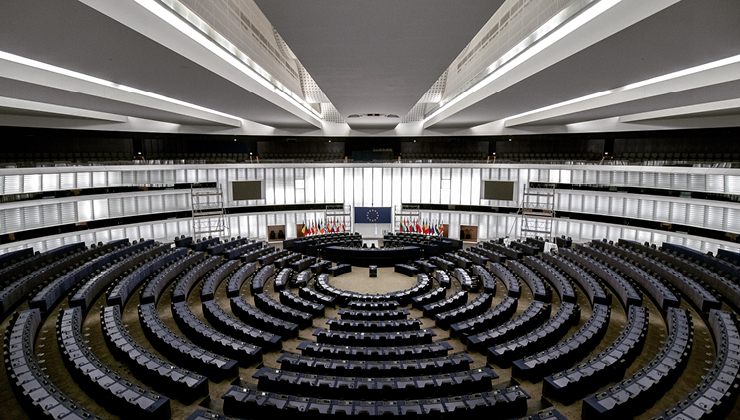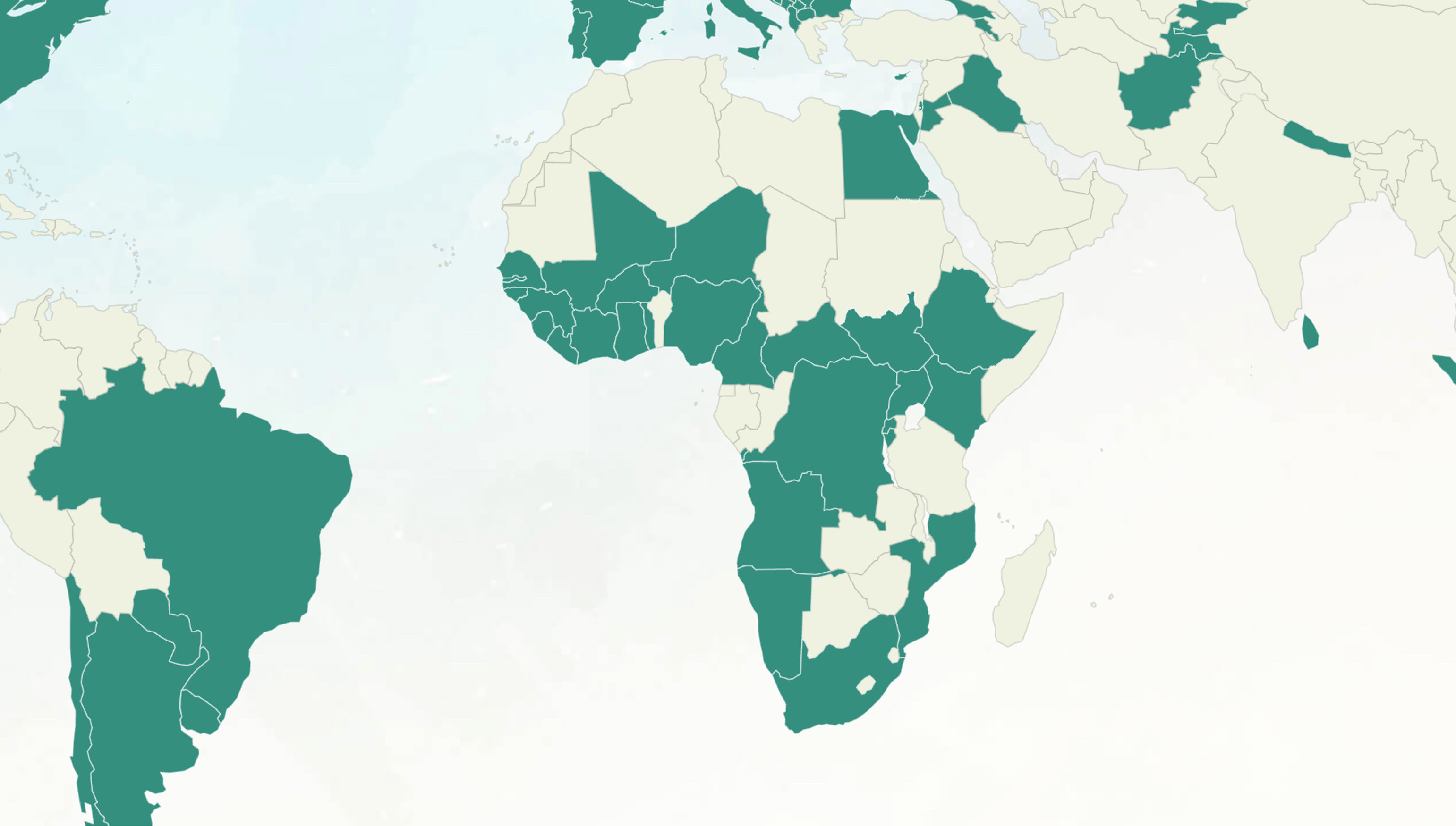Claire Pierson and Jennifer Thomson introduce their LSE WPS Working Paper ‘Abortion and Reproductive Rights in the Women, Peace and Security Agenda’.
Since 2000 the Women, Peace and Security (WPS) agenda has dominated discussions of women’s rights and political inclusion in conflict and post-conflict situations. Yet, despite the global profile that the agenda has gained, there has been little consideration of the fundamental issue of reproductive rights. Women in conflict and post-conflict situations have specific reproductive needs, including access to safe abortion. In our working paper for the LSE Women, Peace and Security series we analyse both the successive WPS resolutions and the National Actions Plans (NAPs) put in place by various states to ask – where are reproductive rights in the WPS agenda?
Despite the focus on sexual violence against women which has been prominent in WPS resolutions since resolution 1820 in 2008, there are few explicit references to reproductive rights. The initial resolution 1325 contains no explicit language on the subject. It is not until 2013 where we see such language, with resolution 2106 acknowledging the importance of reproductive health. It does so, however, in the context of a much wider remit:
“Recognizing the importance of providing timely assistance to survivors of sexual violence, urges United Nations entities and donors to provide non-discriminatory and comprehensive health services, including sexual and reproductive health, psychosocial, legal, and livelihood support and other multi-sectoral services for survivors of sexual violence, taking into account the specific needs of persons with disabilities.”
Later that year, resolution 2122 echoes this language. Beyond this, however, there is little sense from the resolutions that reproductive rights are important to the WPS agenda.
Similarly, National Action Plans created by individual states contain few references to reproductive rights. Acknowledgements of reproductive rights are sporadic, with little consistency in professed policy or language, and generally peripheral to most NAPs’ focus. This is particularly striking given that this is the case also in NAPs from countries that have experiences high levels of sexual violence in wartime.

This lack of a focus on reproductive rights, and abortion in particular, is disappointing for several reasons. Firstly, there is a clear need for access to reproductive health services as part of conflict and post-conflict settings. NGOs reporting from such settings have noted a steady increase in both births and abortions in refugee camps, and the particular effects of sexual violence on women’s reproductive health. Secondly, the WPS agenda has long been critiqued by feminist scholars for being overly focused on the victimhood of women and girls. Particularly in the attention paid to sexual violence in conflict and post-conflict settings, the agenda conjures up an understanding that women and girls are robbed of all agency in conflict, and can only figure as either helpless victims or benevolent peace-bringers. Understanding women as holders of certain rights (the right to control their fertility and bodies) helps to re-inject a focus on rights and takes away the emphasis on victimhood that has hitherto existed in the resolutions. This can help to reorient the WPS agenda around women as rights-holding individuals.
In order to cement a greater appreciation of reproductive rights into the WPS agenda and its work, we suggest that the following be addressed by actors working in the sector:
- Greater integration of policy on reproductive rights and UNSCR 1325 within existing UN institutions
The United Nations Population Fund (UNFPA) uses the resolutions and language of WPS and has done much to integrate the agenda into its practices and policies. Yet, much of this has adopted the focus that the WPS agenda has had on sexual violence and has said less on reproductive rights. The UNFPA could use its unique position to push for further integration of reproductive rights into the agenda.
- Greater support for civil society actors working on reproductive rights within the WPS agenda
Abortion and reproductive rights remain a controversial area, and one which many governments wish to avoid. Harnessing the power of civil society organisations which work in this area is one way to amplify discussion. Charities, NGOs and activists can play a key role in promoting a discussion of reproductive rights in a way that states might not be able to, and should be facilitated and encouraged to lead in this way.
- States with liberal abortion laws should lead on promoting abortion rights within the WPS agenda
Within the global picture, there are clearly some states which are more liberal than others with regards to abortion rights. The United Kingdom and Sweden are such countries, and, in their development policies, both are pointedly liberal on abortion provision. The onus thus lies with states like the UK to use their liberal abortion policy in line with the similar level of support that they have shown for WPS, and to push to further embed reproductive rights into the WPS agenda in its future developments.
Read more: ‘Abortion and Reproductive Rights on the Women, Peace and Security Agenda’ LSE WPS Working Paper Series, 14/2018 (PDF)
The views, thoughts and opinions expressed in this blog post are those of the author(s) only, and do not reflect LSE’s or those of the LSE Centre for Women, Peace and Security.





